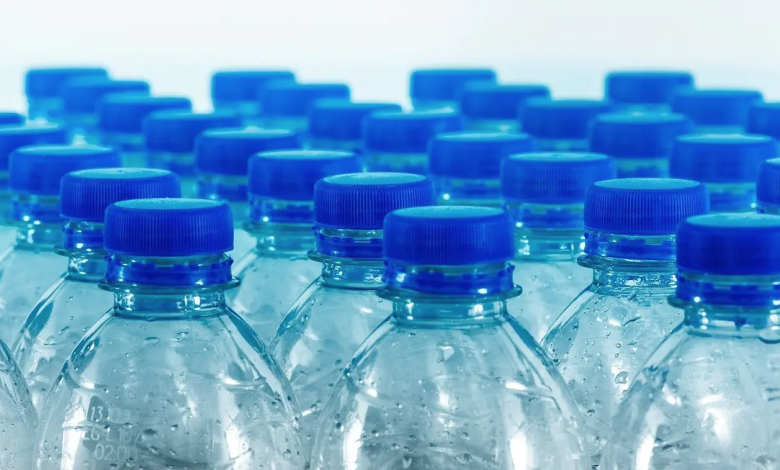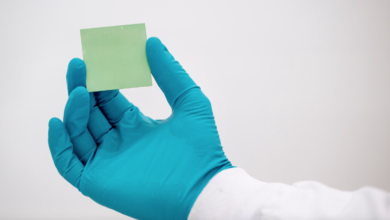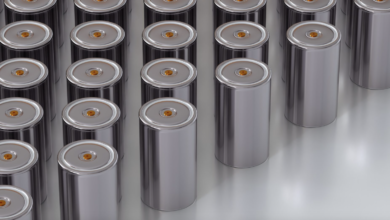Chemical recycling: discovered an enzyme to break down terephthalate

Improve chemical recycling of plastic to close the circle
(Sustainabilityenvironment.com) – Plastic pollution is one of the greatest environmental threats of modern times. But giving up this material is not always possible or easy to implement. This is why, in the meantime, new chemical recycling solutions are being studied to close the circle by breaking down plastic waste into its basic molecules.
The first major milestone in chemical recycle was reached in 2016. When scientists in Japan discovered a bacterium that could degrade PET plastic within a few weeks. Starting from this finding, in 2019 researchers at the University of Portsmouth were able to design a more powerful version of the bacterial enzyme, called PETasi. In 2020, they combined it with another catalyst, MHETasi, to make a super enzyme that can quickly break down the PET polymer. Leaving behind the chemical blocks of ethylene glycol and terephthalate (TPA). A new milestone in recycling chemical.
Today the University of Portsmouth and the Montana State University (MSU) have taken a further step forward. “Although ethylene glycol is a chemical with many uses – it is part of car antifreeze, for example – TPA does not have the same possibilities outside of PET,” explains Professor Jen Dubois, of MSU and co-author of the research. “Nor constitutes a molecule digestible by most bacteria”.
Read also Microplastics found in human blood for the first time
Most, but not all. Scientists from Portsmouth, led by Professor John McGeehan, have discovered that an enzyme of Ideonella sakaiensis is capable of recognizing TPA. “Our group at MSU has therefore shown that this enzyme, called TPADO, breaks down terephthalate (and practically only terephthalate), with an amazing efficiency”.
Using Diamond Light Source’s X-ray technology, scientists generated a detailed 3D structure of the TPADO enzyme, revealing how it performs its work. The study is part of the BOTTLE Consortium, an international collaboration between the US and the UK, bringing together researchers from a wide range of scientific areas to address the challenges of chemical recycling and plastic upcycling. The research appeared on PNAS.





